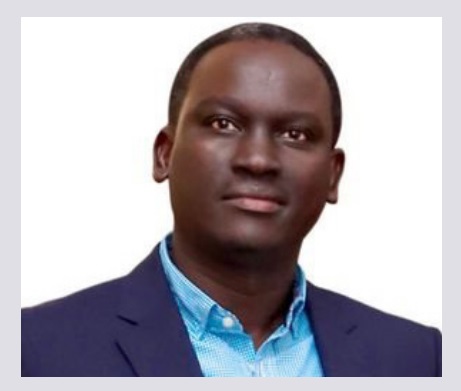
During the court siege, the suspects were forcefully re-arrested and several people, including lawyers and journalists were reportedly assaulted by the security officers.
Ssempala told The Independent that the police might have refused to engage with the media practitioners but the ban has had an impact on police activities.
“We know that the Police have had to postpone some of their activities which needed publicity,” he said, “The Police have also been working behind the scenes calling media managers and editors demanding and blackmailing some journalists so they get isolated.”
“We did not intend to make the media blackout an end in itself but we had to go this route because of the experience we have with the police leadership.”
Ssempala explained that when police is usually under negative publicity, they choose to keep quiet and soon the matter is forgotten by the Ugandan public.
“You need to remember that in 2015 we had to take a similar campaign (protest plus the threat of media blackout) for the police hierarchy to arrest Joram Mwesigye who beat and maimed a television journalist, Andrew Lwanga.”
In 2015, Lwanga, a television journalist was assaulted by a senior policeman while reporting on a group of young Ugandans who were protesting against unemployment in the country.
Joram Mwesigye, who was then serving as the Kampala District Police Commander got suspended and charged for assaulting or maiming Lwanga and two years later, he was found guilty of assault and fined about Shs 5 million. Mwesigye, however, remains the only police officer to have been convicted publicly for assaulting a journalist despite several cases of police brutality meted out on journalists.
In September, last year, the police detained at least eight journalists covering the return of opposition MP, Robert Kyagulanyi, from the U.S. The Committee to Protect Journalists’ Sub-Saharan Africa representative, Muthoki Mumo, noted at the time that the “unrelenting crackdown on press freedom had made Uganda a hostile environment for journalists.”
“Uganda’s security personnel should stop treating journalism like a crime and ensure that the press can work without fear of harassment or retaliation.”
Meanwhile, Mulondo explained to The Independent that the petitioners expected the police leadership to use the journalists’ grievances “as an opportunity to redeem their image since they are consistently named by the Uganda Human Rights Commission, a government institution, as one of the major abusers of Ugandans’ human rights.”
Mulondo told The Independent that the Uganda Parliamentary Press Association and its co-petitioners, HRJN-U and UJA will go ahead and work on their “Plan B.” The petitioners, Mulondo said, intend to lobby the Parliament of Uganda.
“That might be through the Speaker of Parliament, the Parliamentary Committee on Human Rights or ask one or two MPs to move a motion in Parliament to cause debate on the matter.
Ssempala also told The Independent that the petitioners have talked to some members of the Diplomatic Corps to amplify the journalists’ plight.
“We are devising other means to make sure that our issues are not forgotten; what we are asking for is not unique and we shall not relax until we get some tangible results,” Ssempala said, “We are engaging the Editors Guild to make sure that they get on board.”
Dr. Livingstone Sewanyana, the executive director of the Foundation for Human Rights Initiative (FHRI) told The Independent on Nov. 18 that it is important for the police and the media to engage constructively for the sake of good governance in Uganda.
Worldwide, Sewanyana said, journalists are protected; they are not supposed to be harassed and so I think that there is need for constructive engagement among the two parties.
“In maintaining law and order, information must go out and so the media becomes an important player,” he said.
The Police have in the past been accused of acting in a partisan manner when working on politically-emotive issues such as political demonstrations. But Sewanyana told The Independent that the “Police may be partisan but that does not mean they cannot be professional.”
“The Uganda Police Force is extremely informed about the law and should therefore act professionally and should play according to the rules of the game,” Sewanyana said.
****
 The Independent Uganda: You get the Truth we Pay the Price
The Independent Uganda: You get the Truth we Pay the Price



